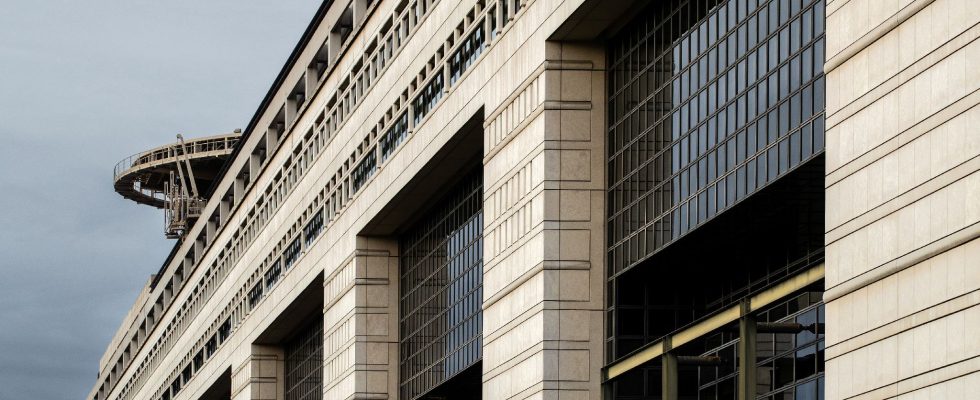The government is on course. Always with a view to saving money in 2024, he presented this Monday, July 24, his “review of public expenditure”, while France’s debt exceeded 3,000 billion euros. The administrations and general inspections of finance (IGF) and social affairs (Igas) were called upon to suggest savings in twelve areas of public action. Their conclusions were sent to parliamentarians this morning, before the summer break.
Main lesson: approximately 2.5 billion euros of “potential cash surplus” have been identified within state operators, such as Météo France or Pôle emploi. This means that all the funding granted has not been used. Thus, the finance law presented in September will have to “adjust in certain cases the direct and indirect financing of the State to the operators to reduce the surpluses”, specifies the report.
Another avenue mentioned: the gradual disappearance of reduced tariffs on the energies of players in the construction industry, agriculture and the transport of goods. The report also suggests abolishing the intermediate VAT rate of 10% on housing works other than energy renovation, and ending local tax exemptions favorable to the artificialization of soils.
A timetable to be specified
The publication of the report comes a month after the Assises des finances publics, a meeting intended to identify the main avenues for savings for Emmanuel Macron’s second five-year term. During these, several options had already been put on the table, such as the fight against abusive sick leave, the end of the Pinel system or the reduction in the price of training paid by the State for apprentices. In early July, the Court of Auditors made its contribution to the building by listing its recommendations to reduce spending in nine areas of public action.
It remains to be seen how the journal will respond to advanced savings tracks. Especially since their timetable remains to be specified, Bercy having again insisted on its desire to support the actors concerned by the cuts. The government has a relative majority in the National Assembly and drew a litany of 49-3 last fall to push through its 2023 budget. Additional budgetary constraint: President Emmanuel Macron confirmed, on July 24 on TF1 and France 2, that the government would lower household taxes by 2 billion euros by the end of the five-year term, in 2027.
However, savings are becoming increasingly necessary. The economic environment is hardening, with a growth forecast of 1% in 2023 according to the executive, a figure higher than those of INSEE (0.6%) and the Banque de France (0.7%). The sharp rise in interest rates is increasing the debt burden. In addition, European fiscal rules are expected to be reinstated next year, after years of suspension due to Covid-19. Bercy has also promised Brussels to return to below the 3% deficit mark in 2027. It currently represents 4.7% of GDP, according to figures for 2022 communicated by INSEE.
